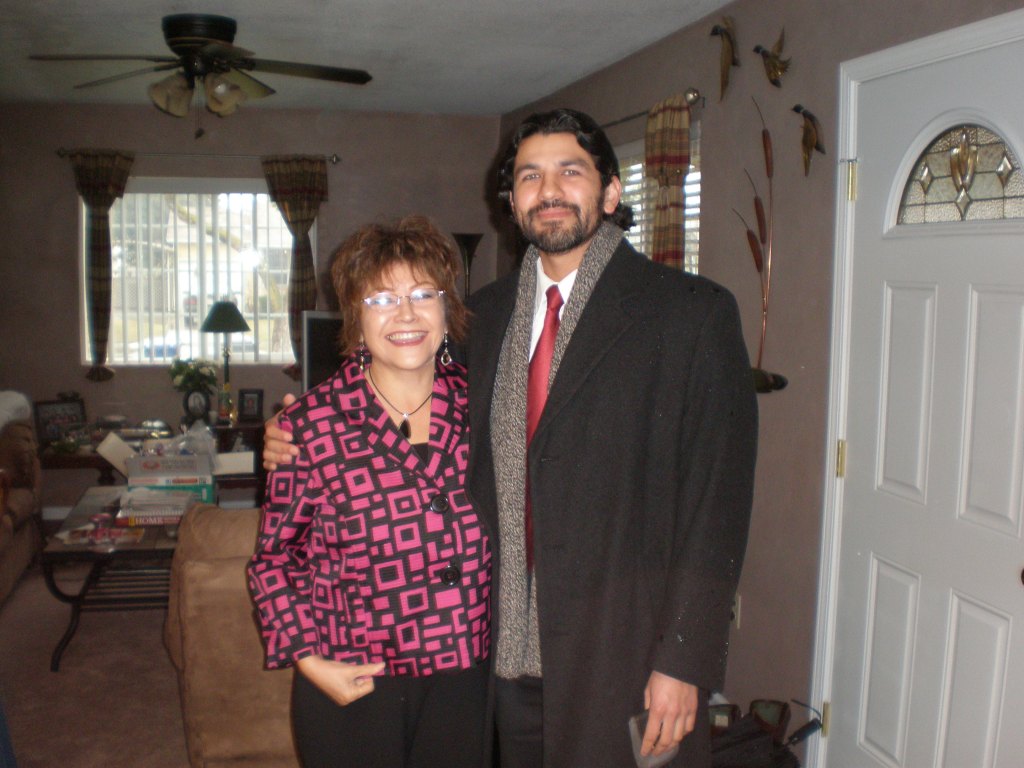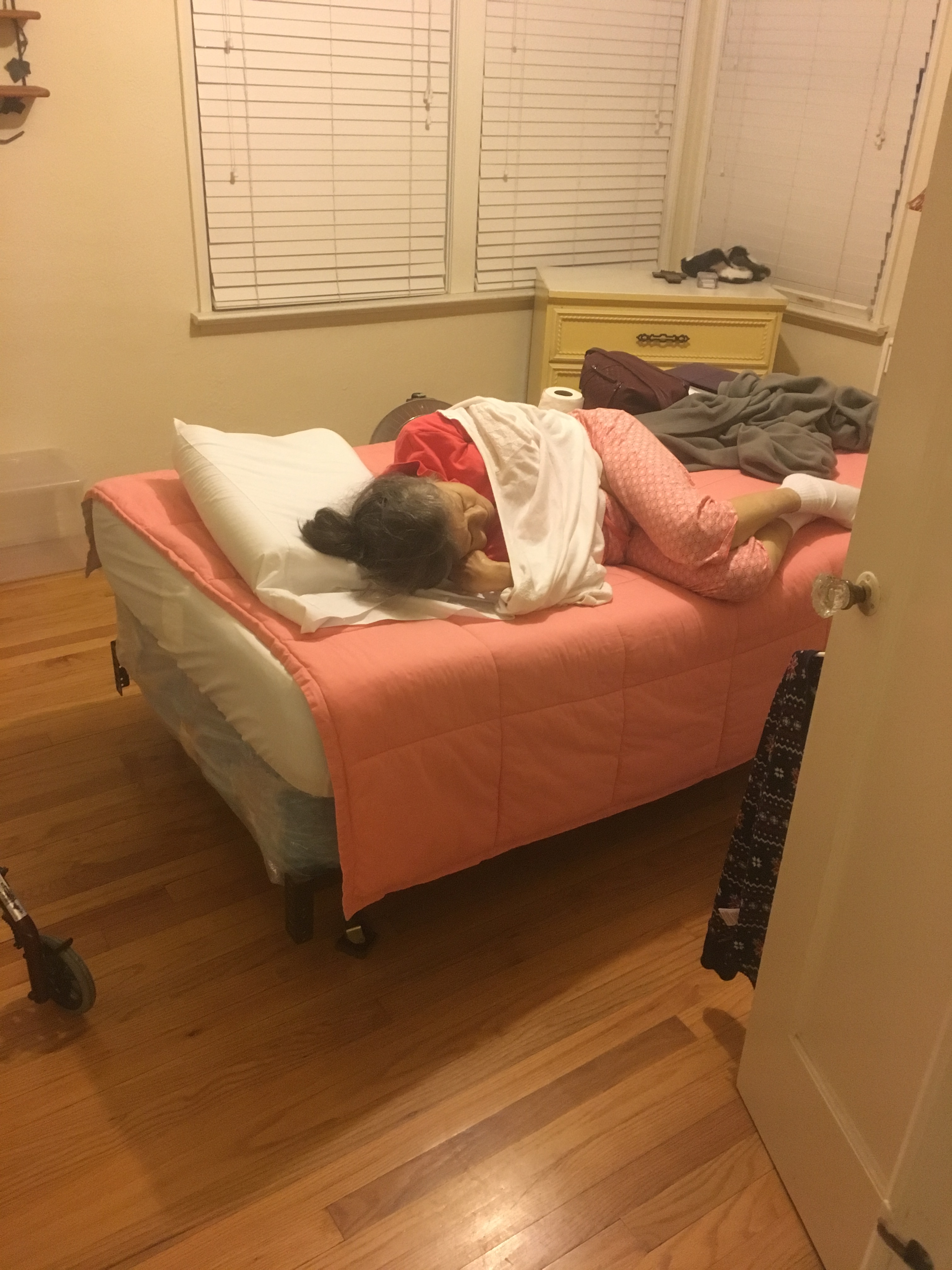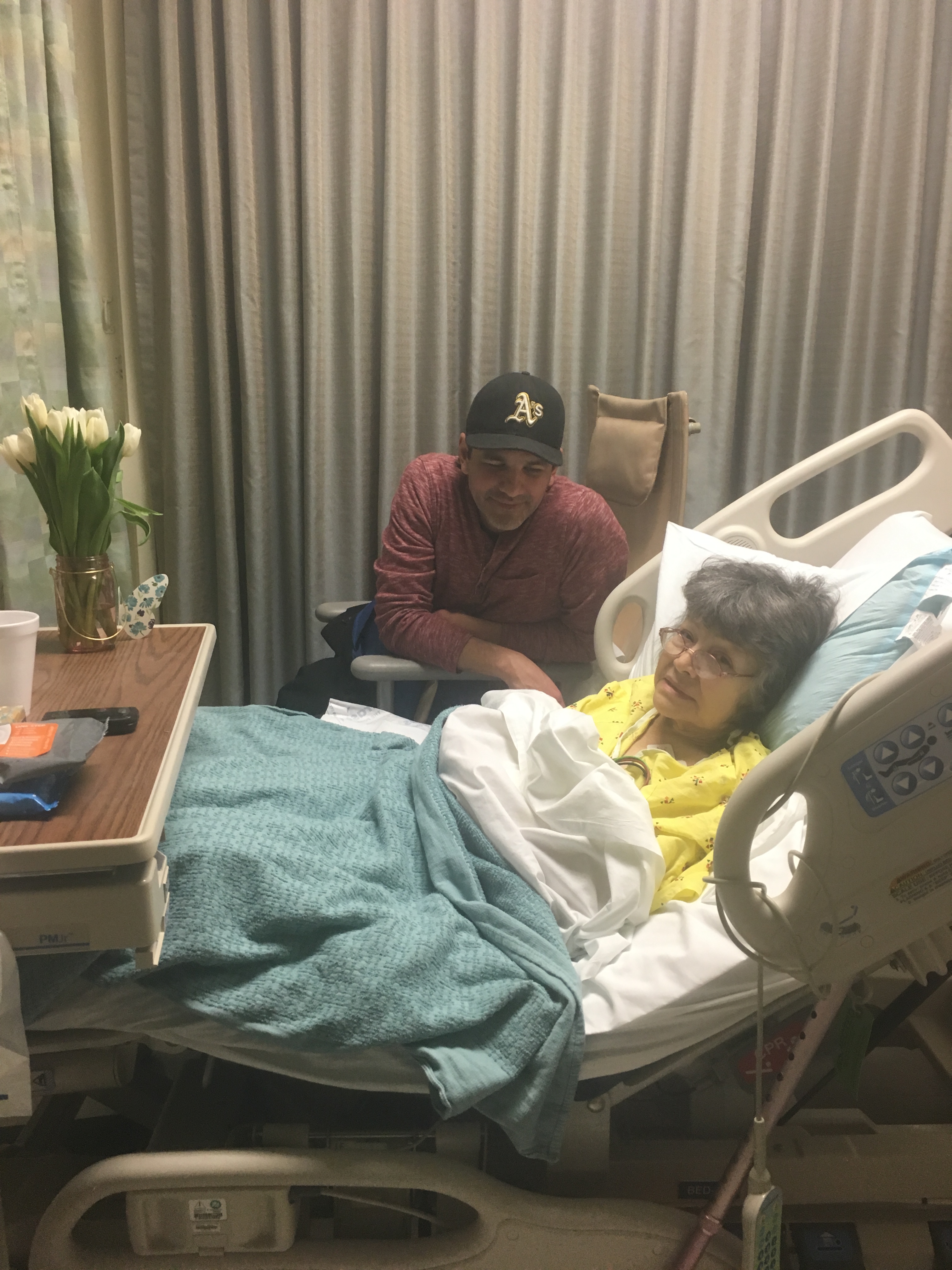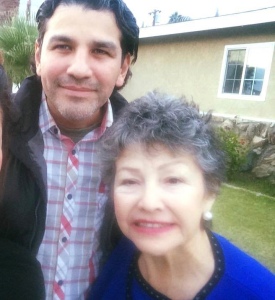I’m doing what advocacy I can still, though it is very slow moving. Most recently, I contacted a couple of California State Representatives to let them know I’m available to provide testimony for legislation related to treating people with severe mental illness (SMI). Improving access to treatment and care for people with SMI is getting more attention these days, due to the homeless crisis here in CA. However, as was the case when my mom was alive and we’d try to get her help, politicians and their aides are showing little interest in helping or listening to me. One of the aides of State Representative Buffy Wicks (District 15) actually asked me what my credentials were, when talking to them on the phone! As a political scientist, that perplexed me. As a citizen and tax payer, that disgusted me. Politicians need to be more responsive to their constituents, regardless of status.
I’m “playing the game” for now. But I’m not above harassing them to get a meeting. Below is a copy of a letter I recently sent to Representative Miguel Santiago (District 53), as an example.
Dear Representative Santiago,
I am writing to you because I would like to give testimony for bills and proposals related to the treatment of people with severe mental illness (SMI). I understand that there is currently a bill, AB 1340, that you are sponsoring that is scheduled to be discussed in January. The bill, as I understand it, would amend/modify “Grave Disability” criteria that is a part of the 5150/LPS process. I am highly interested in providing testimony for that proposal, given that I have unique experience and invaluable knowledge in dealing with the 5150/LPS process.

Professionally, I am a community college teacher and a Political Scientist. I have been teaching full-time at City College of San Francisco since 2005. I am, also, an advocate for people with SMI and a former caregiver of a family member with a SMI. My mother, a second generation Mexican-American, began exhibiting signs of a serious mental illness around 2002. I started to play a direct role in trying to get her help and treatment in 2007. By then, as a result of no treatment, she was having hallucinations and not taking care of her medical/physical needs, particularly her diabetes. Despite my family’s best efforts, my mother would spend the last 1/3rd of her life with an untreated SMI. In my experience with the mental healthcare system, as my mom’s advocate and caregiver, I largely blame the 5150/LPS process for her needless suffering and premature death.
I found out relatively quickly how difficult it was to get help for my mother, when I began advocating for her in 2007. Though my mother would be 5150ed various times, between 2007-2009, I was told by representatives in both San Francisco County’s and Fresno County’s Behavioral Health Department that it would be easier for them to take her in and treat her if she were homeless! “Really?!”, I thought. “How unconscionable!” I had to get both counties involved, since I was living in San Francisco and my mom was primarily in Fresno, at the time.
Starting in 2010, the unimaginable would happen. My mom would end up homeless, living in a car, due to multiple evictions from apartments. At times, when we could, my sister and I would try to have her 5150ed, out of desperation. She’d show up at our houses exhausted and sick from lack of sleep and rest, and failing to treat her diabetes. The police would show up and, each time, refuse to 5150 her. Though homeless and obviously ill, they would judge her to not be “gravely disabled.” They would essentially tell us, “She has to be lying naked in urine and feces on a railroad track” for her to meet “gravely disabled” criteria. In these experiences and more, what became clear to me is that her living in a car was considered “adequate shelter.” My mom barely having any clothes to wear, even in Winter, was still viewed as “adequate clothing.” Though she was diabetic, eating primarily high fat and high carb food was viewed as her being able to “adequately feed herself.” My mom having an official diagnosis of schizoaffective disorder did not matter to them. Each time, they would conclude she was “competent” and able to make decisions for herself.
To me and my family, this was an outright neglect of duty by these police officers. Eventually, in 2018, she would develop stage 4 kidney failure. A Modesto police officer took this institutionalized neglect and, really, cruelty, to a new level when he refused to 5150 my mother in January of 2018, when she stopped taking her medications for various serious physical conditions. My mom was in the midst of an acute psychotic episode and stopped taking her medications because “God told her they were poison.” Going on day four, she was unable to eat or drink anything. She did not have an appetite and would puke up anything she tried to drink. She was demonstrating organ failure. Despite this, the police officer determined she did not meet 5150 criteria. My arguments to the contrary and pleas for help fell on deaf ears. The police officer, like many before him, ruled my mom was “competent” and able to decide for herself if she wanted to go to the hospital. My mom could have died at the house. The police were willing to let her die. Fortunately, however, from the urging of other family members, my mom would agree to go to a hospital later in the day and be medically/physically stabilized.
All of this is to say nothing of other times the 5150 process and various authority figures and officials failed my mother. I detail this some in a documentary film I made in 2020 titled “Benevolent Neglect.” It is available for viewing on YouTube. (A film trailer is available for viewing here: https://youtu.be/ta08Lo3ULqo ) With this letter, I have focused on the problems my family has faced with how “Grave Disability” is interpreted and applied. It is too NARROW. Dr. Julea McGhee, who is the emergency room psychiatrist in my film, told me this. She said the problem is insurance companies determine what constitutes “Grave Disability” and that they intentionally define it narrowly. In her opinion, many more people should fit the criteria for “Grave Disability” than actually do. I understand that AB 1340 would amend “Grave Disability” to include “medical self-neglect.” I strongly support including “medical self-neglect,” as my mother’s frequent hospitalizations and deteriorating health were undoubtedly the result of her severe mental illness. As I think I demonstrated, I can speak on this with considerable knowledge and authority. I have much more I could say and contribute in this discussion and debate. Thank you.


















 Despite this, the hospital was planning on discharging her on what would have been the fourth day. Upon talking to a Director, it became clear the Director was ignoring the doctor’s treatment plan and placement recommendation. She told me that my mom could just continue to take oral meds! I told her I expected my mom to be placed in a skilled facility until she was able to administer the insulin herself and that I knew discounting the doctor’s treatment and recommendations in a hospital discharge plan is legally prohibited.
Despite this, the hospital was planning on discharging her on what would have been the fourth day. Upon talking to a Director, it became clear the Director was ignoring the doctor’s treatment plan and placement recommendation. She told me that my mom could just continue to take oral meds! I told her I expected my mom to be placed in a skilled facility until she was able to administer the insulin herself and that I knew discounting the doctor’s treatment and recommendations in a hospital discharge plan is legally prohibited. the video. Since then, fortunately, Rebecca has started receiving psychiatric treatment and is reported to be doing better. Clearly, other and better options are available, as this case has shown. And even with my mom, we just recently experienced a different, better outcome in her most recent hospitalization a few weeks ago.
the video. Since then, fortunately, Rebecca has started receiving psychiatric treatment and is reported to be doing better. Clearly, other and better options are available, as this case has shown. And even with my mom, we just recently experienced a different, better outcome in her most recent hospitalization a few weeks ago.